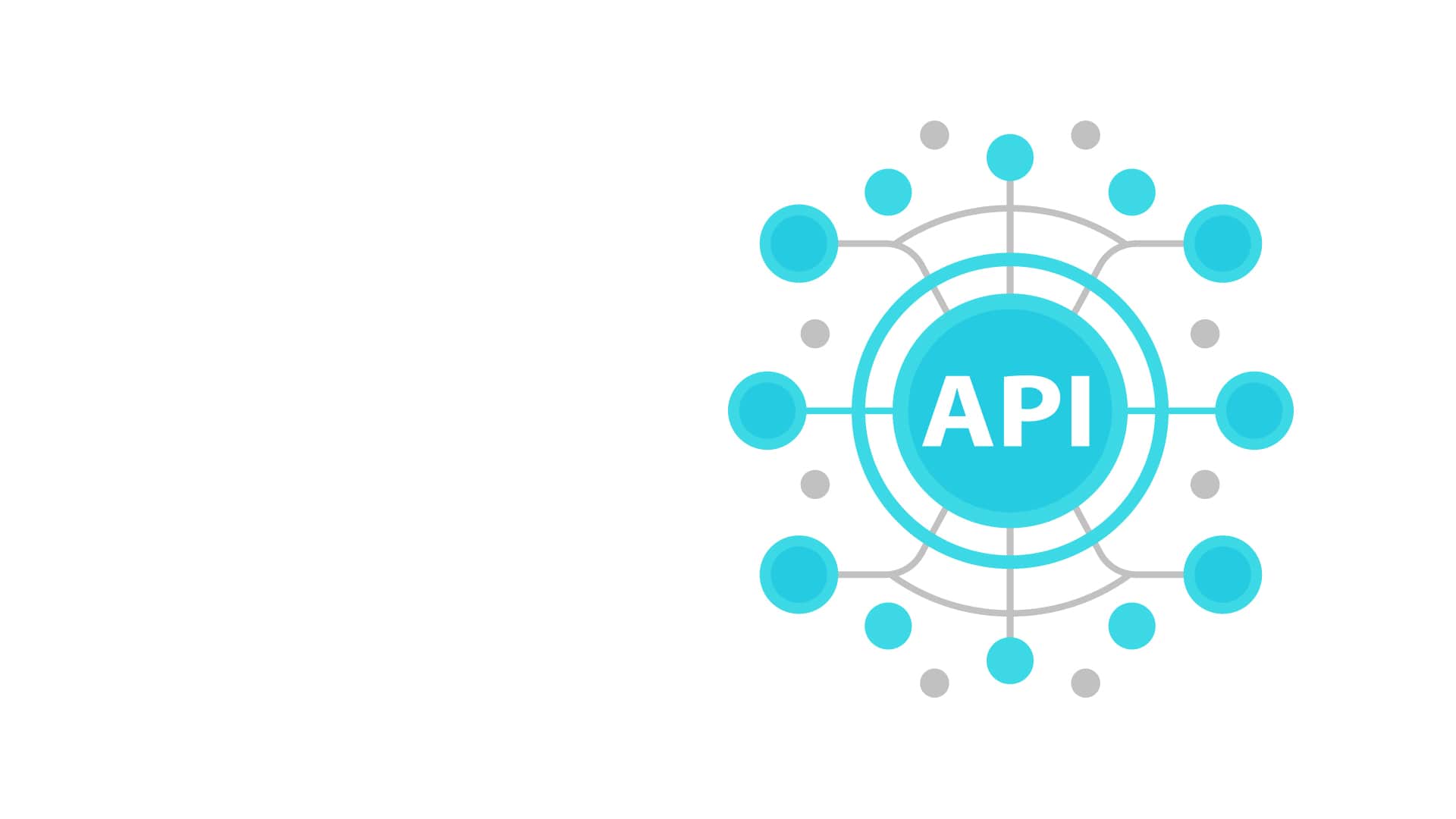Integrating SAP ECC into your business infrastructure is critical for smooth operations, but it often comes with complexities. With Makini's Unified API, SAP ECC integration is simplified, making it easier for businesses to connect their systems and optimize workflows.
What is SAP ECC?
SAP ECC (Enterprise Central Component) is a powerful ERP system that supports essential business processes, including finance, logistics, human resources, and production planning. API integration with SAP ECC enables seamless communication between the system and other business applications, facilitating real-time data exchange and automated workflows.
Why Integrate SAP ECC with APIs?
API integration plays a key role in digital transformation by connecting systems to improve efficiency and data accuracy. Integrating SAP ECC with other platforms offers several benefits:
- Automation: Manual tasks can be automated, reducing the time spent on repetitive processes and minimizing errors.
- Enhanced Data Flow: APIs allow for real-time data sharing between SAP ECC and other systems, ensuring accurate and up-to-date information.
- Scalability: As your business grows, API integration makes it easier to expand system functionalities by connecting additional software or services.
Despite its advantages, SAP ECC API integration can present challenges.
Common Challenges in SAP ECC API Integration
Integrating SAP ECC with other platforms often requires overcoming several hurdles:
- Complexity: SAP ECC's comprehensive structure makes integration technically challenging, requiring expertise in SAP architecture.
- Customization: Each SAP ECC instance is highly customizable, making it difficult to apply a standardized approach to integration.
- Ongoing Maintenance: API integrations must be regularly maintained to accommodate system updates, requiring ongoing technical effort and resources.
How Makini’s Unified API Simplifies SAP ECC Integration
Makini's Unified API is designed to address these challenges, providing an efficient solution for SAP ECC integration. Here's how it simplifies the process:
-
Single Unified API: Instead of building multiple integrations for different systems, Makini offers a single API that connects SAP ECC to various platforms. This reduces the technical burden of managing multiple APIs and simplifies the integration process.
-
Automated Updates: Keeping an integration up to date can be difficult, but Makini’s platform handles API updates automatically. This ensures that your integration remains functional without manual intervention, saving time and resources.
-
Faster Deployment: Traditional SAP ECC API integration projects can take months to complete. Makini’s Unified API accelerates the process, allowing businesses to implement integrations in a fraction of the time.
-
Cost-Effective: By reducing the complexity of the integration and automating updates, Makini's solution lowers the overall cost of SAP ECC API integration, making it an affordable choice for businesses of all sizes.
Steps for Implementing SAP ECC API Integration with Makini
Makini makes SAP ECC API integration straightforward and manageable. Here’s a quick overview of the process:
-
Sign Up for Makini’s Platform: Create an account to access Makini's Unified API services.
-
Connect to SAP ECC: Follow Makini’s detailed documentation to establish a connection between your SAP ECC system and the Unified API.
-
Set Data Exchange Rules: Define the data that will be exchanged between SAP ECC and the connected systems. This could include financial records, inventory updates, or employee data.
-
Monitor and Maintain: Once the integration is live, Makini provides tools to monitor its performance. The platform handles updates automatically, ensuring the connection remains stable over time.
Conclusion
Integrating SAP ECC https://www.makini.io/integrations/sap-pm through traditional methods can be time-consuming and costly, but Makini’s Unified API changes the game. By providing a streamlined, cost-effective solution, it simplifies SAP ECC API integration and reduces the challenges typically associated with such projects. Businesses can now benefit from faster deployment, automatic updates, and efficient connections across their systems, all while focusing on what matters most—growing their operations.

